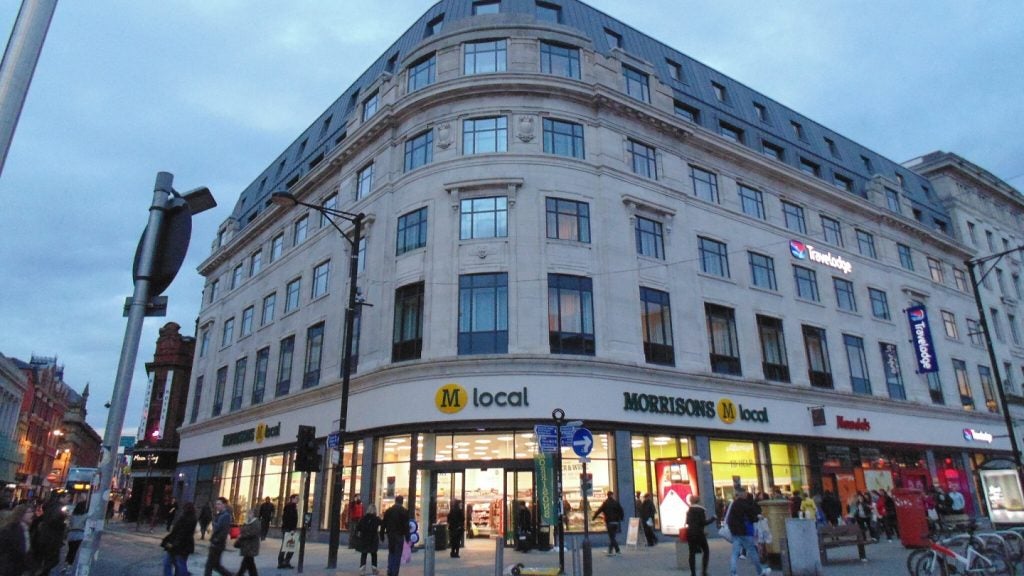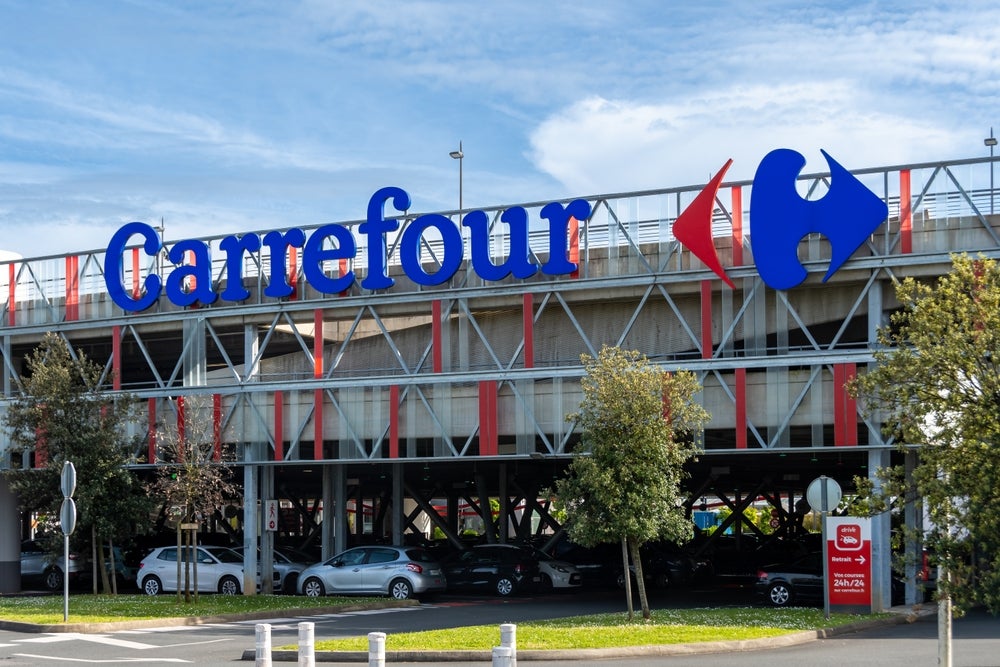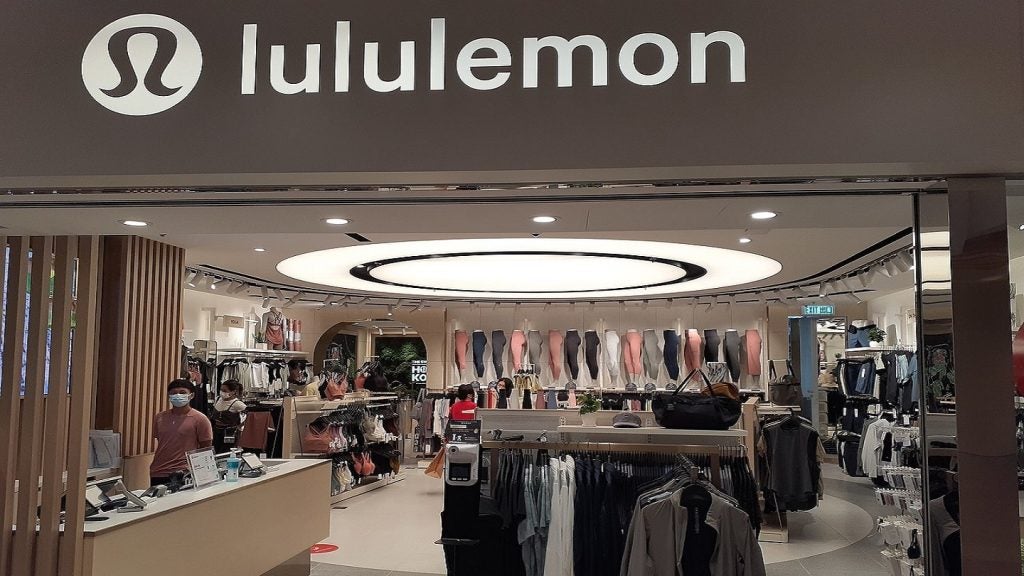British supermarket chains Morrisons and Marks & Spencer (M&S) have agreed to stop using unlawful land agreements, according to competition regulator the Competition and Markets Authority (CMA).
The regulator secured a commitment from the retailers after it uncovered 65 anti-competitive deals in breach of the Groceries Market Investigation (Controlled Land) Order 2010.
Morrisons, which holds an 8.6% market share in the UK’s supermarket industry, breached the Order 55 times between 2011 and 2020. M&S, with a 3.4% market share, breached the Order 10 times between 2015 and 2019.
Breaches included placing restrictions on land being used by a rival supermarket and preventing landlords from allowing the development of competing stores.
Morrisons had already desisted from 14 restrictions and agreed to address a further 41.
M&S, which is headquartered in Paddington, London, had already desisted from five restrictions and agreed to address the remaining five.
CMA senior director of business and financial analysis Adam Land said: “At a time when the weekly shop is a source of financial pressure for many families, it’s crucial that competition between supermarkets is working well to help people get the best deals they can.
“These restrictive agreements by our leading retailers are unlawful. There can be no excuses made for non-compliance with an Order made in 2010, especially when we know the positive impact for shoppers of new stores on the high street.
“Our continued crackdown on these unlawful restrictions is part of our wider action to tackle the cost of living and ensure that people benefit from more competition and choice.”
CMA’s action is part of its move to enforce the Controlled Land Order to maintain competition among businesses while keeping prices low for customers.
In 2022, the regulator took similar action against Waitrose for seven breaches of the Groceries Market Investigation (Controlled Land) Order. In 2020 it took action against Tesco for 23 breaches, including three restrictive covenants.















